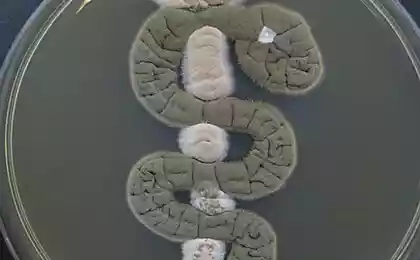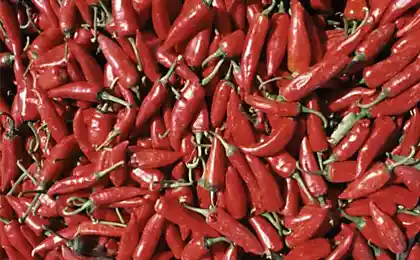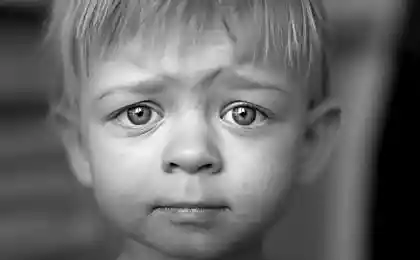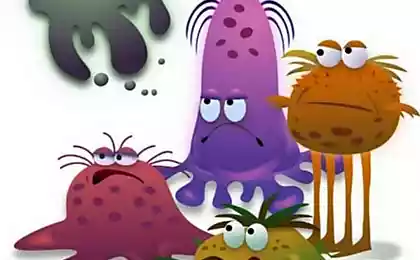521
Researchers grew 50,000 generations of bacteria and demonstrated that evolution never stops
Evolution continues to operate even in complete izolyatsii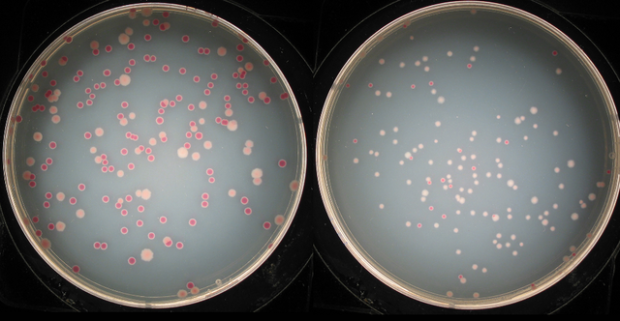
In a remarkable experiment that went on for nearly a quarter of a century, biologists have shown that under laboratory conditions (a stable, unchanging world) bacteria continue to develop and will play a more and more efficient.
Back in 1988, evolutionary biologist Richard Lenski took coliform bacteria and put them in a flask of thick glass. Since the bacteria are there in total isolation - we ate and shared again and again. Now, 25 years and 50,000 generations of bacteria later, the strain showed some very significant changes - all this time did not stop the bacteria to grow.
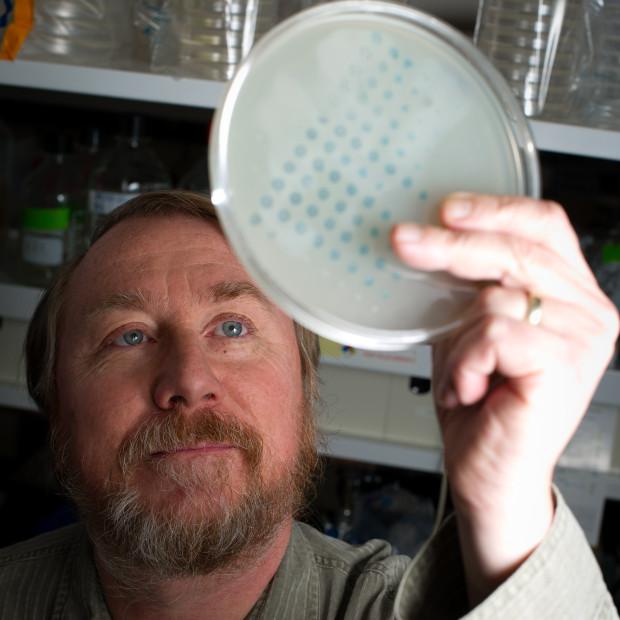
Evolutionary theory suggests that even in the absence of any kind of selection pressure will slowly degrade the genes over time, and there are very few ways to strengthen the integrity of the genetic characteristics beyond the basic biological functions - such as replication.
The researchers analyzed the bacteria every 500 generations and noted that E. coli has continued to evolve in the direction of increasing the replicative efficiency - in other words, to reproduce faster.
Lenski and his colleagues believed that 10 thousands of generations of bacteria reached the limit of its development. However, now, after 50 thousands of generations, the strain continues to change for the better: random mutations allow some microbes to gain a competitive advantage in dealing with their own kind - those bred slowly.
Initially, the strain of E. coli took about an hour to double the number, and a new strain of doing it for 40 minutes. It is believed that the next generation will multiply even faster - perhaps a million years, the strain can be doubled within 20 minutes. The researchers noted the mathematical model of the process line: the bacteria will continue to improve as long as the laws of physics allow, but the pace of change will slow down gradually.
The experiment also proves that evolution never stops. Lenski and his colleagues believe that this is true not only for the bacteria, but also for all kinds of living organisms.
via factroom.ru

In a remarkable experiment that went on for nearly a quarter of a century, biologists have shown that under laboratory conditions (a stable, unchanging world) bacteria continue to develop and will play a more and more efficient.
Back in 1988, evolutionary biologist Richard Lenski took coliform bacteria and put them in a flask of thick glass. Since the bacteria are there in total isolation - we ate and shared again and again. Now, 25 years and 50,000 generations of bacteria later, the strain showed some very significant changes - all this time did not stop the bacteria to grow.

Evolutionary theory suggests that even in the absence of any kind of selection pressure will slowly degrade the genes over time, and there are very few ways to strengthen the integrity of the genetic characteristics beyond the basic biological functions - such as replication.
The researchers analyzed the bacteria every 500 generations and noted that E. coli has continued to evolve in the direction of increasing the replicative efficiency - in other words, to reproduce faster.
Lenski and his colleagues believed that 10 thousands of generations of bacteria reached the limit of its development. However, now, after 50 thousands of generations, the strain continues to change for the better: random mutations allow some microbes to gain a competitive advantage in dealing with their own kind - those bred slowly.
Initially, the strain of E. coli took about an hour to double the number, and a new strain of doing it for 40 minutes. It is believed that the next generation will multiply even faster - perhaps a million years, the strain can be doubled within 20 minutes. The researchers noted the mathematical model of the process line: the bacteria will continue to improve as long as the laws of physics allow, but the pace of change will slow down gradually.
The experiment also proves that evolution never stops. Lenski and his colleagues believe that this is true not only for the bacteria, but also for all kinds of living organisms.
via factroom.ru
10 fun ways in which science is trying to solve the serious problems
Professor of medicine says that the death - no more than an illusion of consciousness
